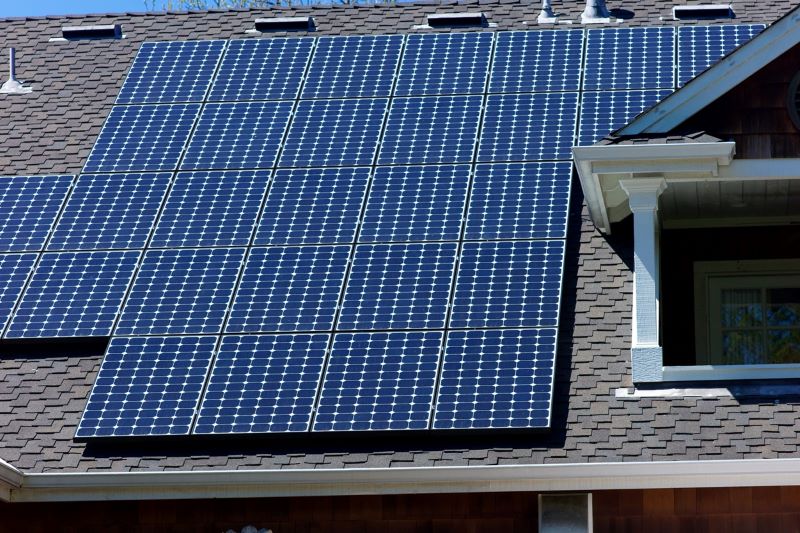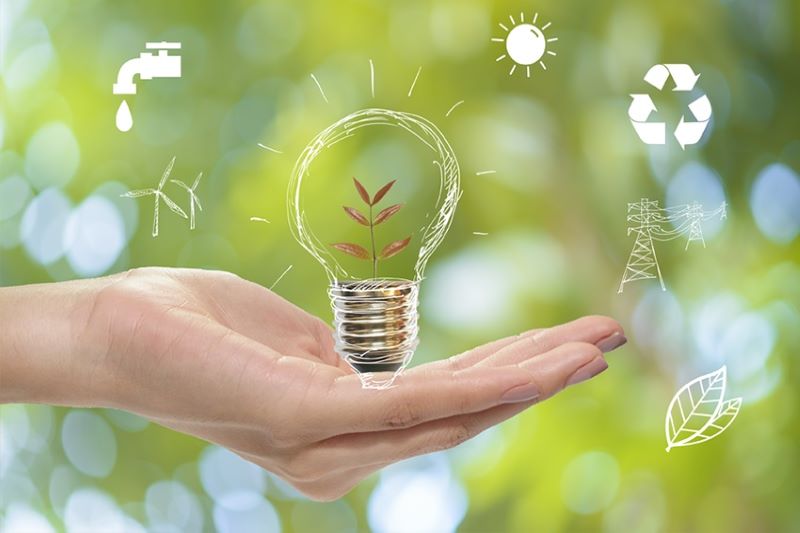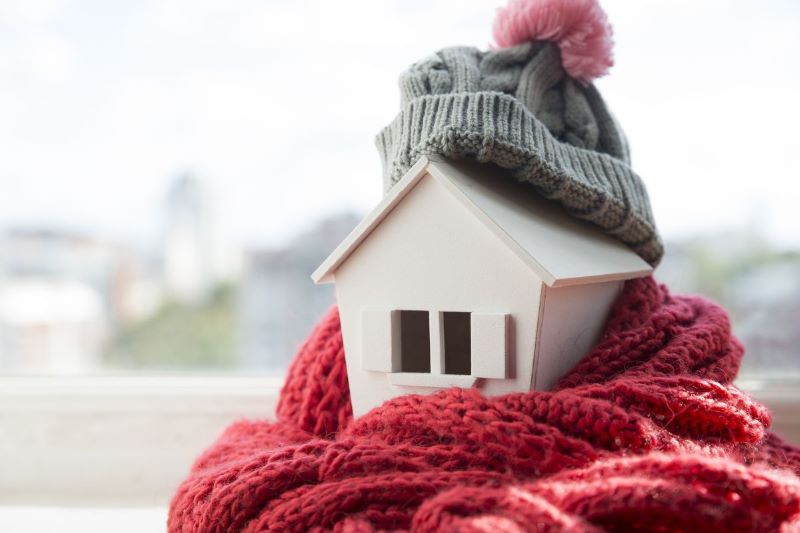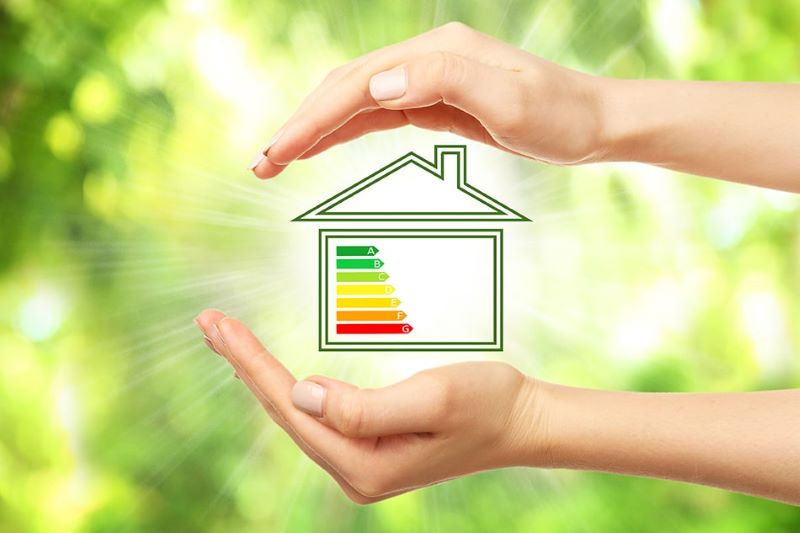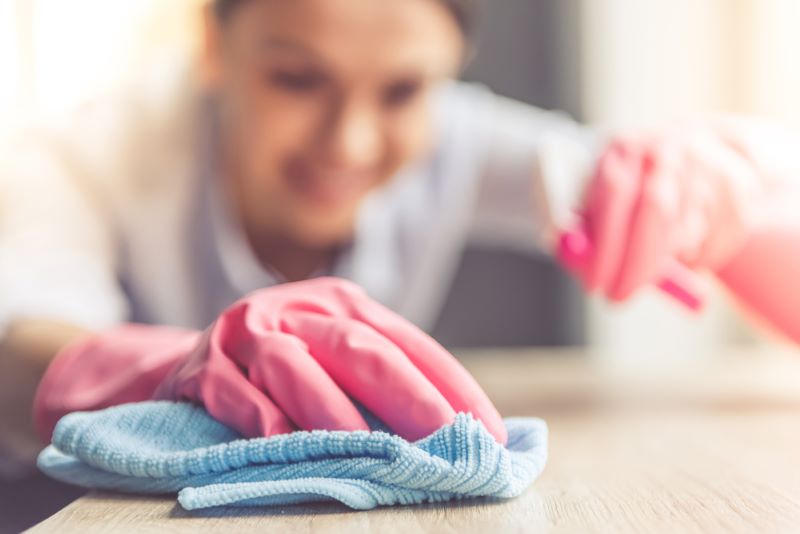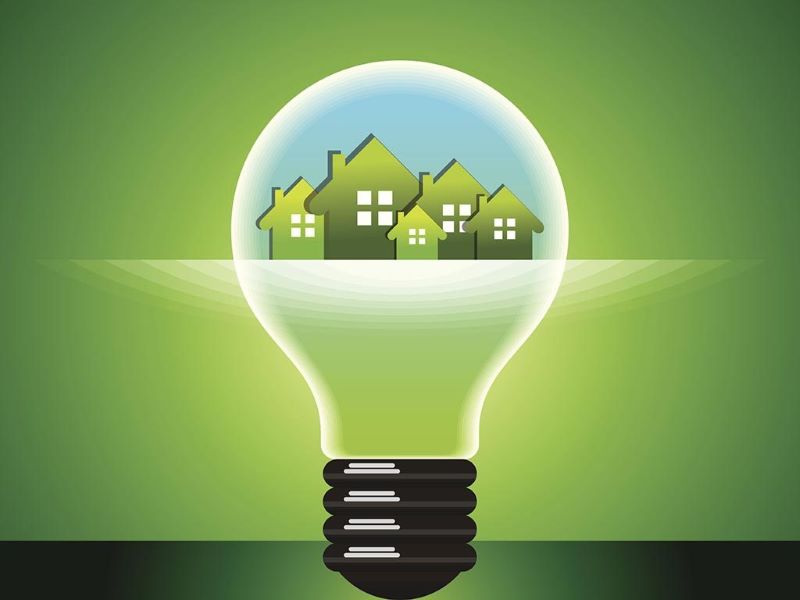Table of Contents
While the cost of solar panels continues to fall, more and more homeowners around the world are looking for ways to harness solar energy. It is a significant, inexhaustible source of renewable energy, and its annual potential is several times larger than the total world energy consumption. With enough determination, solar panels can be installed on virtually any type of roof, provided there is enough room and sunlight, and provide energy for both homes and businesses. All of these qualities make solar energy an attractive way to generate electricity and thermal energy without polluting the nature.
Would you like your house to be powered by clean, renewable energy? Below are 9 questions to answer before you get your solar panels.
1. Is your roof suitable for solar energy?
The first thing to consider is how much sunlight you can expect to capture. If your roof isn’t sunlit enough, investing in solar panels may not be efficient, so consider any trees that provide shade, or ones that will grow to shade your roof later on. The panels are usually fitted to the southern part of the roof in order to maximize the exposure to the sun, and your installer will gladly help you figure out how to best fit the panels on your roof, even if you have a complex structure. Also, keep in mind that because slate and wood roofs are brittle and can break easily, solar panels are less suited for these types of roofs, as the installation requires special components and equipment, and creates difficulty for the men at work. While solar panel installation on slate and wood roofs is not impossible, it is significantly more expensive.
2. Is your roof in a good condition?
Solar panels usually come with 20+ year installation warranties, so if your roof looks like it may need replacing soon, consider doing that before going solar – roof replacement later on will require removing and reinstalling solar panels, increasing the re-roofing cost. However, solar panels actually provide some additional protection against the usual wear and tear, so if your roof has been replaced just a few years ago, there is no need to replace. It’s highly recommended to contact your roofing contractors for an inspection before the solar panel installation begins, though, just to make sure everything is in order.
3. Do you need electricity or thermal energy?
Solar panels can be used to either to turn solar energy into electricity or thermal energy that heats water and air in your home. If you use more energy to heat your home than electricity, it makes sense to use solar energy for thermal – you’ll see the return on investment sooner.
4. How much energy do you need?
It makes sense to produce the amount of energy that you need, so perform an energy audit in your home and evaluate how much you consume on average. This will help you determine the number of solar panels that you may want to place on your roof.
5. Will you lease or buy your solar panels?
Leasing allows you to have access to cheap, renewable electricity with little or no down payment, but you will not own the solar panels, will likely have to pay a certain amount for the electricity you generate and your contractor may take the equipment away when your contract expires. Buying the panels costs more upfront, but it brings a faster return on investment and you will get to keep your equipment after it pays off. Analyze your finances and decide which option suits your needs better.
6. How do you connect to the electrical grid?
Do you need to pay a fee for it? Do you need permits for placing solar panels on your roof? How long will it take to get connected to the grid? How will you be compensated for the excess electricity you generate? Answers to these and similar questions depend on the state you live in, so make sure you gather all the required information to set up the logistics of your project.
7. Who will install your solar panels?
While it may seem tempting to install your solar panels by yourself, it’s recommended that a licensed professional installs them for you. This way there will be no structural damage caused to your roof, so contact a few local installation companies, get their estimates and decide on the company you like. Choose an installer that is licensed, reliable and will be there for you if you need warranty services.
8. How will your contractor ensure safety during installation?
Your contractor should provide documentation of safety practices and how they are followed, licenses, permits, insurance and bonding requirement of your local and/or state government, proof of worker training, and similar information.
9. How to make sure you get a fair deal on installation?
Before signing your contract, make sure that it states the ownership of the equipment, termination and removal terms in case your property becomes the ownership of a third party, who is responsible for the proper removal of the equipment once its life cycle is over, performance calculations that include all important factors. The duration of the contract, remediation terms, warranties for workmanship and equipment, contact information for installation and follow-up, and long-term maintenance plans, as well as the responsible party, should also be stated in the contract. If there is something in the contract you don’t understand, ask for it to be paraphrased or consult with a legal professional. It’s better to understand everything before you sign your contract than to bump into unexpected problems later on.
If you answer all of these questions and make sure that your contract is right, your solar panel installation should be a success. Remember to get a roof inspection before installation, choose a reliable installer, and make sure you understand everything in your contract before you sign it, and you’ll start enjoying the benefits of solar energy without a worry as well as increase the value of your property.
Not a fan of the way solar panels look like on a rooftop? Tesla is preparing a solution you might like
Solar panels may no longer be the only option for powering homes and offices by solar energy. In October of 2016, Tesla announced their Solar Roof – beautiful shingles with integrated solar panels. The new roofing material is in four different styles: Tuscan Glass, Slate Glass, Textured Glass, and Smooth Glass, and is made of tempered glass which is lightweight, more durable and stronger than the usual roofing materials. Tesla’s solar roof is made in a way that when you look at it from the street, you only see a beautiful roof, and only observing it from above reveals the cleverly integrated solar panels.
While production is announced to start in mid-2017, there has been a lot of speculation as to how much the new roofing materials will cost. Elon Musk said that their solar roofs will cost less than normal roofs. However the “normal” for most homeowners and Elon Musk may be quite different – he definitely wasn’t speaking about the new materials being as cheap as asphalt shingles, but combined with the beautiful aesthetics and utility savings, the Solar Roof looks very promising.
